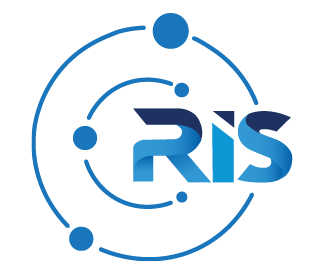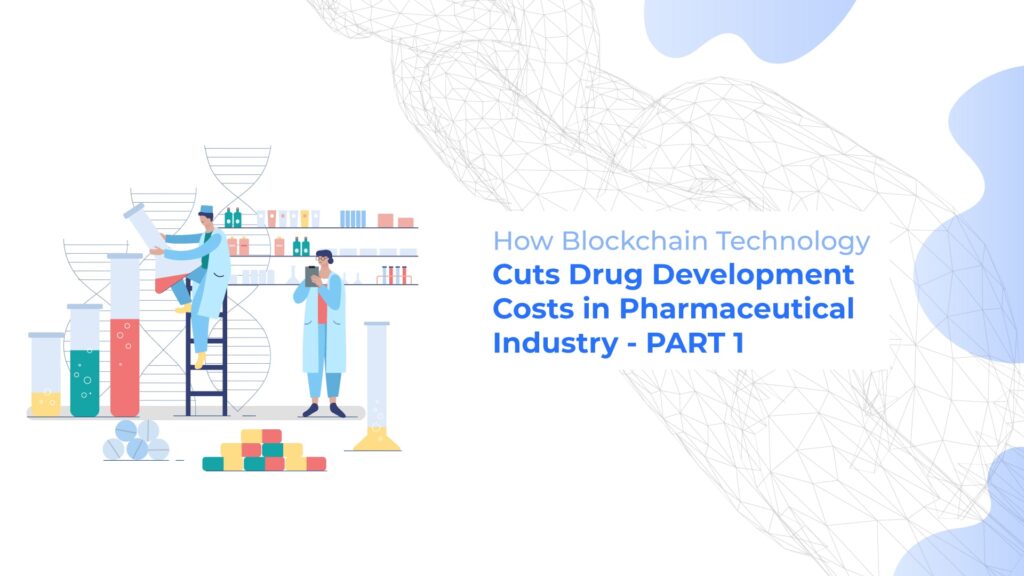by Karthik J
Blockchain technology’s business value will reach $176 billion by 2025. This rise reshapes industries across the board, especially pharmaceuticals. The timing couldn’t be more vital – healthcare industry loses $270 billion yearly to fraud, waste, and abuse.
The pharmaceutical sector faces tough challenges. Developing countries see 10-30% of their drugs being counterfeit. Healthcare systems that can’t work together make drug development get pricey. Blockchain technology brings promising answers to these problems. The numbers back this up – 35% of life sciences and healthcare organizations plan to use blockchain to optimize operations and cut costs.
This piece explores how blockchain applications are changing drug development. From clinical trials to supply chain management, the technology helps companies reduce their costs by a lot.
Blockchain Technology Applications in Drug Discovery Phase
Drug discovery creates many challenges for pharmaceutical companies. Companies don’t deal very well with data security, research efficiency and duplicate work. Blockchain technology provides a practical solution to these basic problems.
Smart Contracts for Efficient Research Cooperation
Smart contracts have reshaped how pharmaceutical researchers work together. These digital protocols run automatically when conditions are met and ensure quality standards throughout the research process. The contracts work without human verification, which removes errors and bias.
Research teams from different organizations can benefit from smart contracts in new ways. The blockchain lets them set exact permissions for security and privacy. This protects intellectual property while helping needed cooperation happen. Smart contracts build a clear, trusted system where teams can focus on research instead of paperwork.
Secure Data Sharing Across Research Institutions
Data security remains crucial in pharmaceutical research. Blockchain solves this through strong cryptographic methods that keep sensitive information safe. Researchers, clinicians, and manufacturers can now access needed information while data stays private.
Blockchain helps share verified data safely between different groups, which speeds up drug development by a lot. Research institutions can work together better while keeping control of their valuable intellectual assets. Different systems can connect more easily since blockchain creates a shared platform for exchanging data.
Reducing Duplicate Research Efforts Through Transparent Records
Duplicate research wastes money in drug discovery. Blockchain helps fix this by creating a permanent record of all research activities. Every blockchain transaction gets timestamped and cannot be changed, so drug data stays reliable throughout the discovery process.
The system includes:
- Unchangeable data blocks in sequence with timestamps
- Hash functions that act as digital fingerprints for each block
- Permanent records that authorized users can verify
Researchers can check existing work before starting new studies to avoid doing the same work twice. This clear view helps use resources better by focusing on new research instead of repeating old studies unknowingly.
A decentralized database of research data lets companies discover drugs faster and more efficiently while protecting their intellectual property. This marks a big step forward in how pharmaceutical companies handle their research and development.
Cost Reduction in Clinical Trials Through Blockchain
Clinical trials make up about 20% of drug development costs, reaching INR 16,876.09 million. Drug companies don’t deal very well with delays caused by slow patient recruitment, data management issues, and regulatory compliance. Blockchain technology offers affordable ways to cut these expenses through several new applications.
Patient Recruitment and Retention Cost Savings
Finding the right patients for clinical trials usually takes 18-24 months. Blockchain technology simplifies this process by creating a decentralized database of eligible participants. Researchers can identify and contact potential subjects while protecting their privacy. The blockchain-based recruitment approach could cut six months from the recruitment timeline, which saves INR 4,556.54 million. Patient retention gets better with blockchain, helping solve the 30% dropout rate that affects traditional clinical trials.
Real-time Data Integrity Verification
Blockchain’s unchangeable ledger system reshapes the scene for data verification. Up-to-the-minute data analysis lets researchers access current information and quickly spot and fix problems. This speeds up drug development considerably. Research shows blockchain cut monitoring visit time from 475 minutes to 7 minutes and reduced costs from €722 to €10 per participant/visit.
Automated Compliance Documentation
Regulatory compliance drives up clinical trial costs substantially. Blockchain creates permanent audit trails that automatically record every transaction and change. Regulators can check data accuracy and compliance quickly, which leads to faster approvals and less paperwork. This automated system matches FDA requirements perfectly for data that must be attributable, legible, contemporaneous, original, and accurate.
Decentralized Trial Management Systems
Decentralized clinical trial management systems let participants join remotely, removing location barriers. This approach boosts patient satisfaction and keeps more patients in the trial. Blockchain’s decentralized nature helps run clinical trials at multiple sites simultaneously while keeping standards consistent. This improvement in efficiency helps prevent the INR 1,265.71 million annual loss that companies face from poor data quality.




